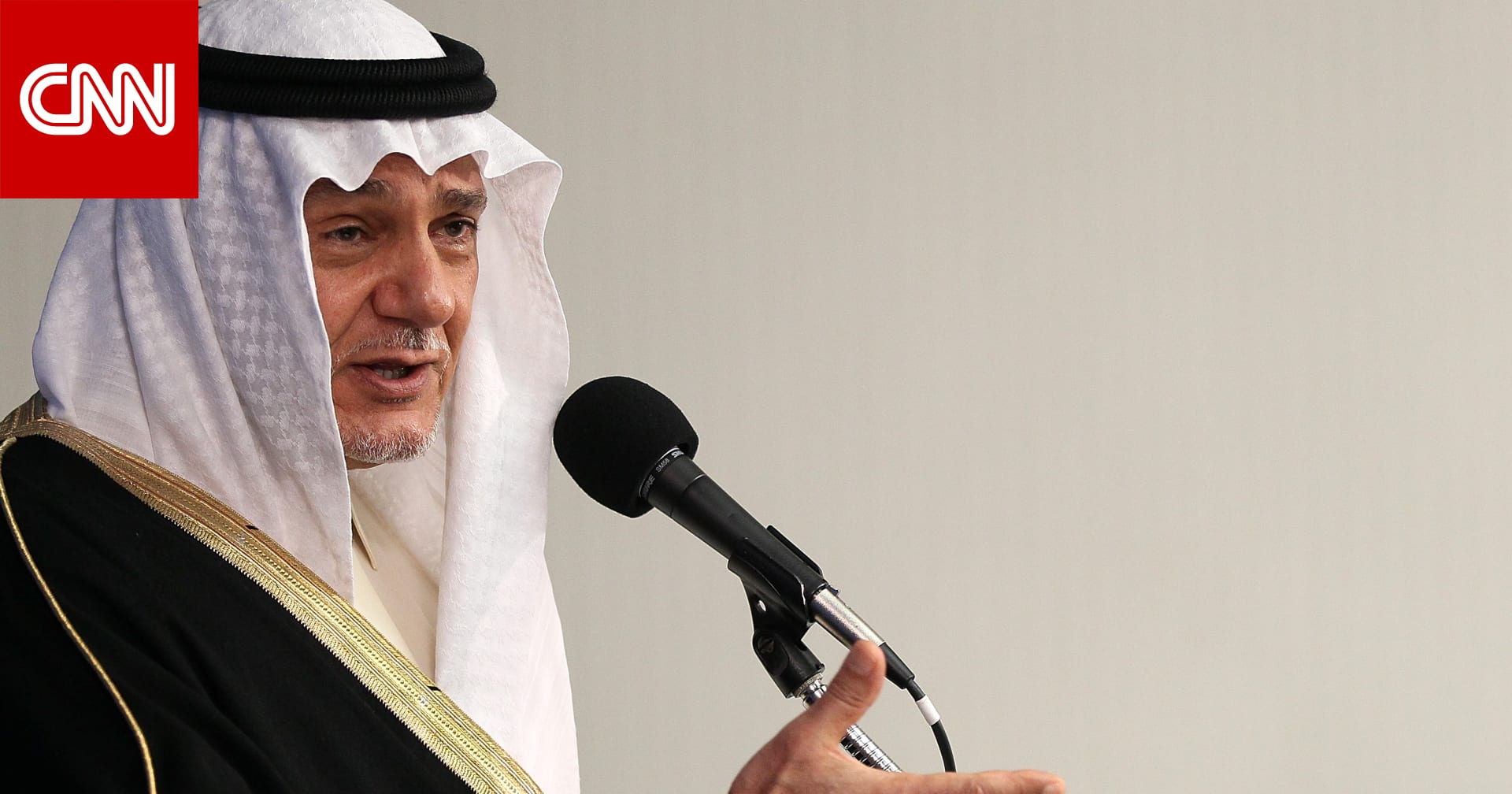Dubai, United Arab Emirates (CNN) – Prince Turki Al-Faisal, former Saudi ambassador to Washington and former intelligence chief, confirmed that what he described as the “difference of views” between the Kingdom and the United States can be solved, citing the example of the American threat to Saudi Arabia in 1973.
In a speech at a conference organized by the “National Council for Arab-American Relations,” a think tank in Washington, Al-Faisal said that “the recent difference of opinion between our two countries is no reason to turn away. to each while the facts refute the false accusations, the decision of OPEC + was a unanimous decision of all members of the group, and aimed to rebalance the oil market, as demonstrated by the drop in oil prices, and to maintain the energy balance global markets, as there is no shortage of supply in the oil market.
“Saudi Arabia is committed to building its own geo-economic development not only for its own benefit, but for the benefit of its region and the world. We hope that the United States will continue to be as part of our future success as it was in the our past, “he added.
Prince Turki Al-Faisal recounted the scenes of the dispute between the Kingdom and the United States in 1973 during the war between Egypt and Syria with Israel, saying: “I remember in the midst of the oil embargo during the Ramadan war of 1973, when a letter from Mr. Kissinger (then US Secretary of State) reached King Faisal, have mercy on him God, through the head of the CIA station in the kingdom, the message was short but crystal clear.
Prince Turki added that the message stated: “Your Majesty, if the oil embargo continues, the United States will look for ways to correct it.” He continued: “The threat couldn’t be clearer. It was my duty to pass this message on to my late father as he got ready for bed.”
Prince Turki noted that “the embargo continued for a few months, until the United States took effective measures to influence the Israeli withdrawal on the Suez front and the Golan Heights”. “A few weeks later, the late King Fahd, who was the second deputy minister at the time, led a large delegation of Saudi officials to Washington to sign a cooperation agreement on many issues with the United States,” he said.
He added: “The man who signed the agreement on the American side is Henry Kissinger himself, who, a few months ago, threatened to invade the Kingdom of Saudi Arabia.” He concluded his speech by saying: “The current difference of opinion between our two countries can be resolved, as has happened before.”


